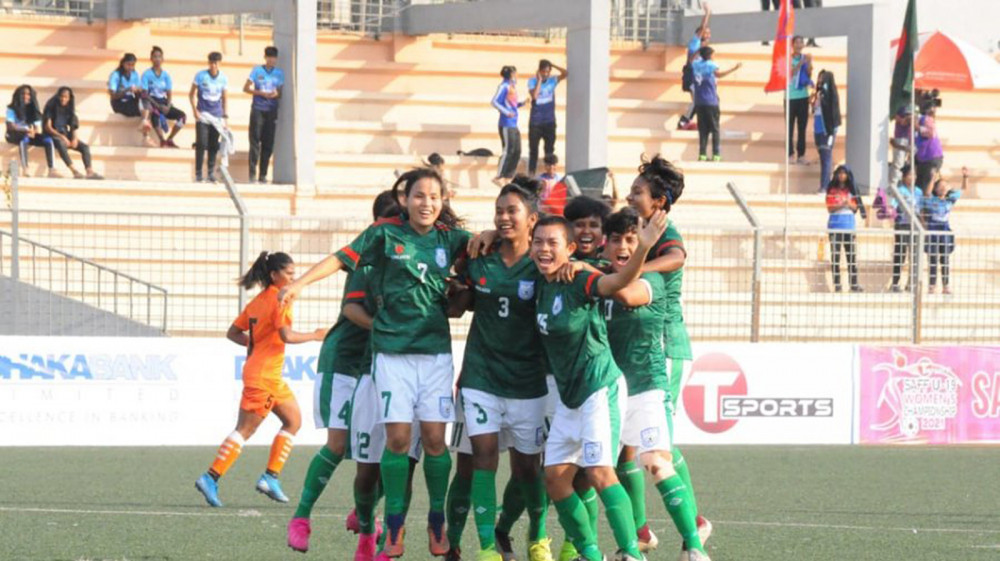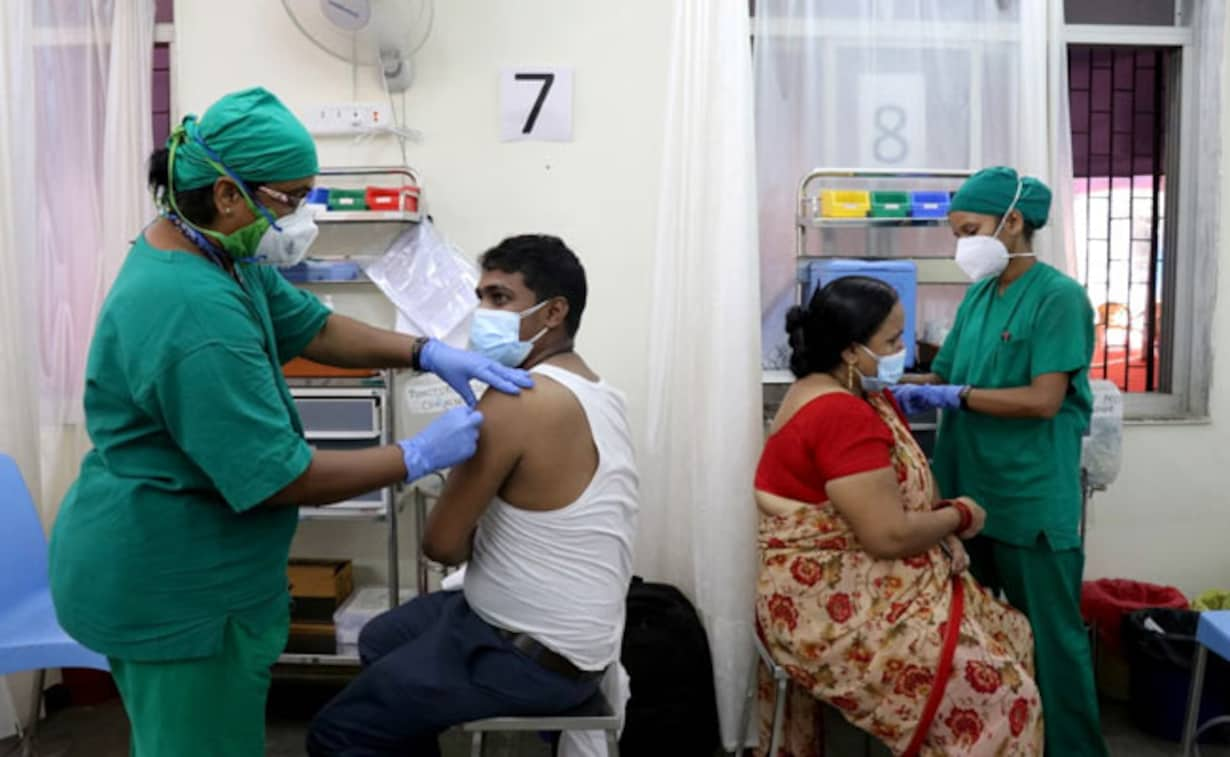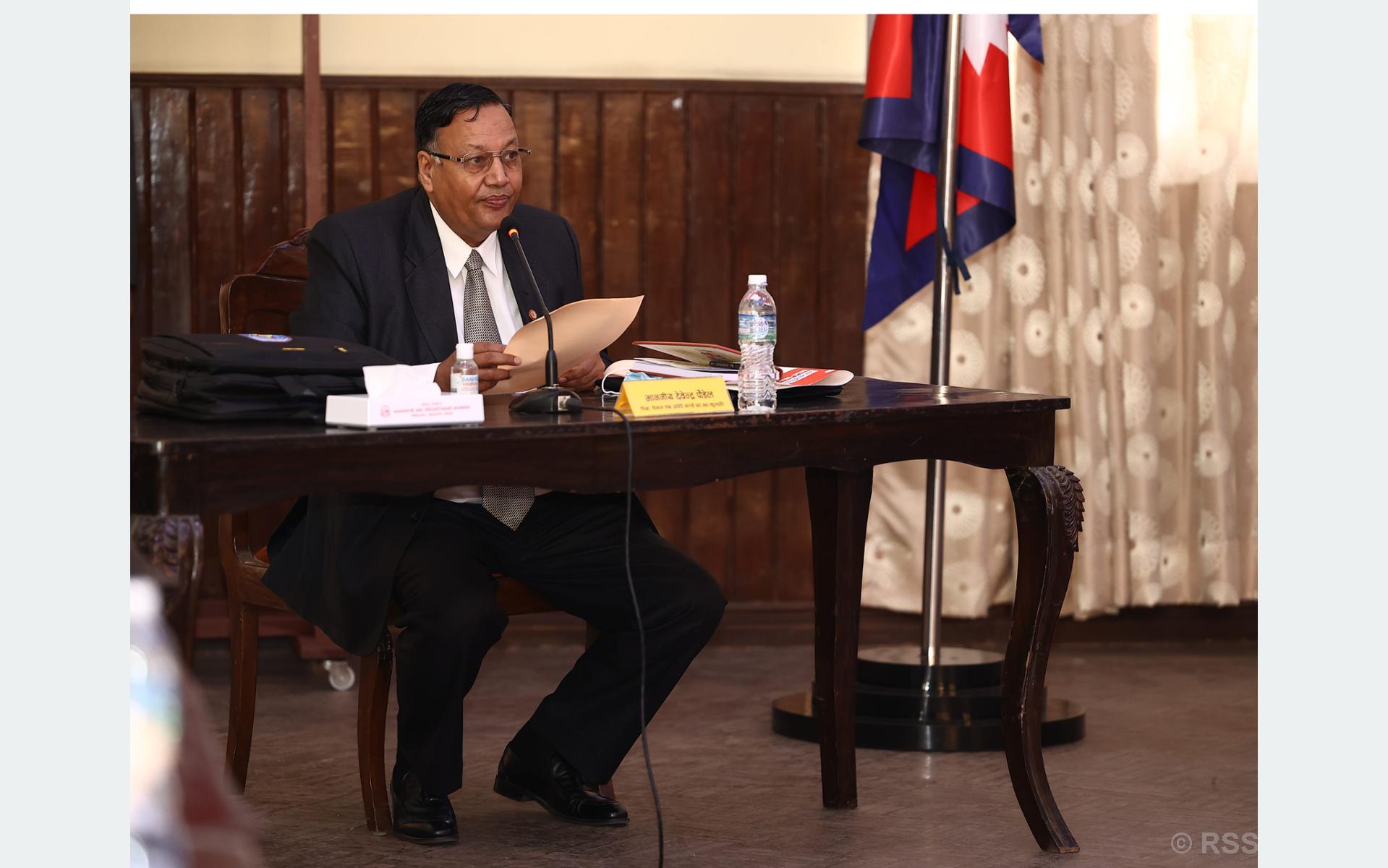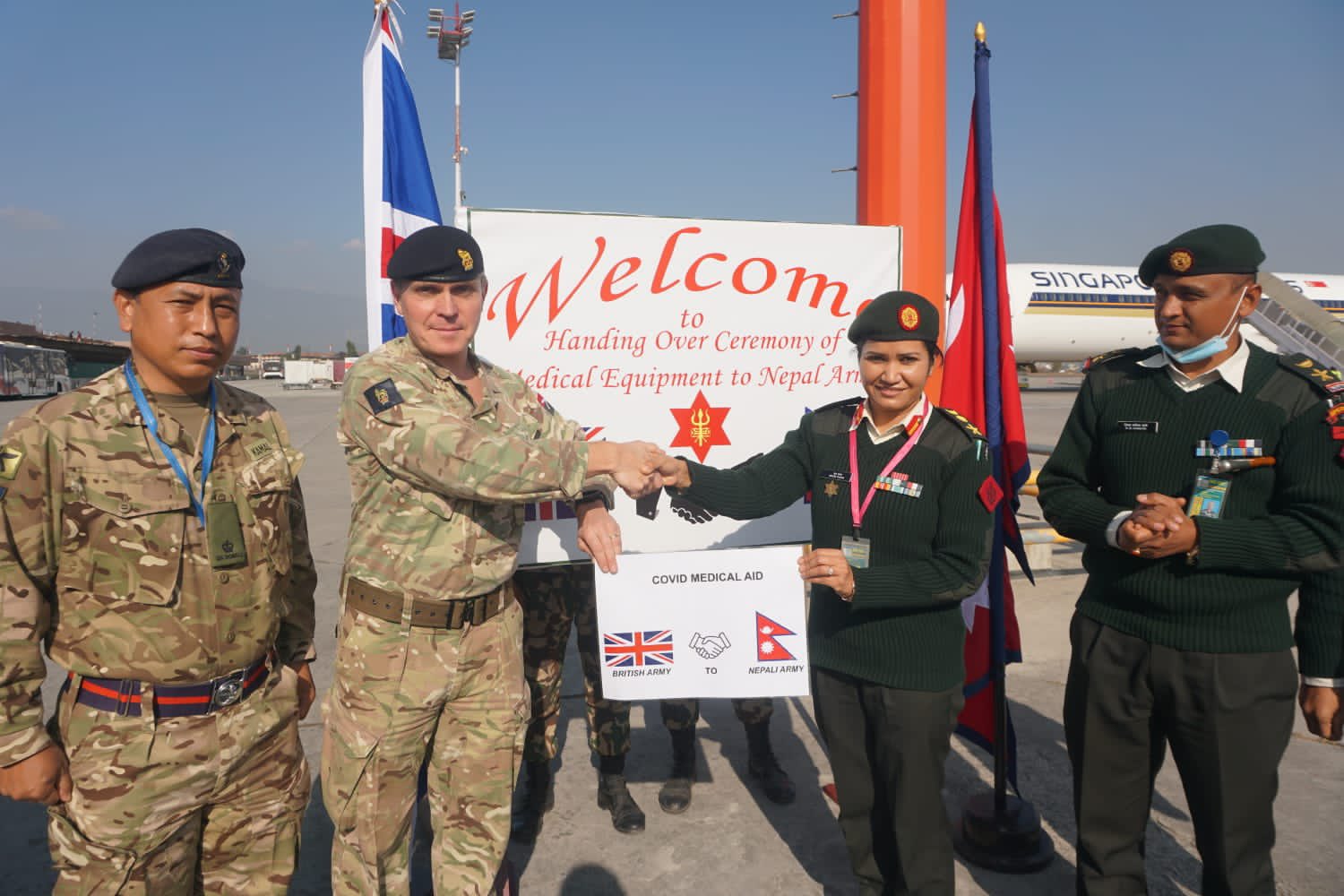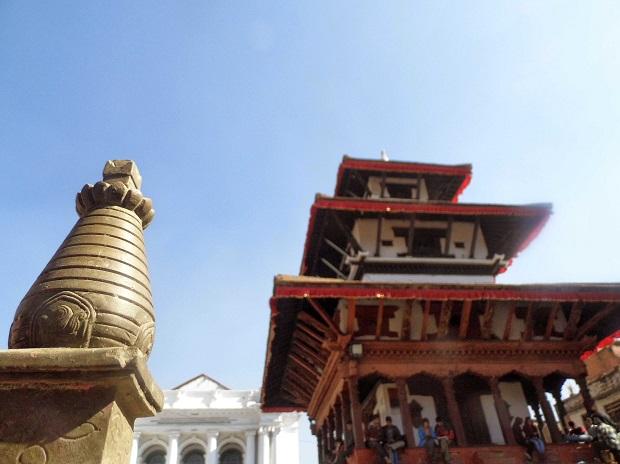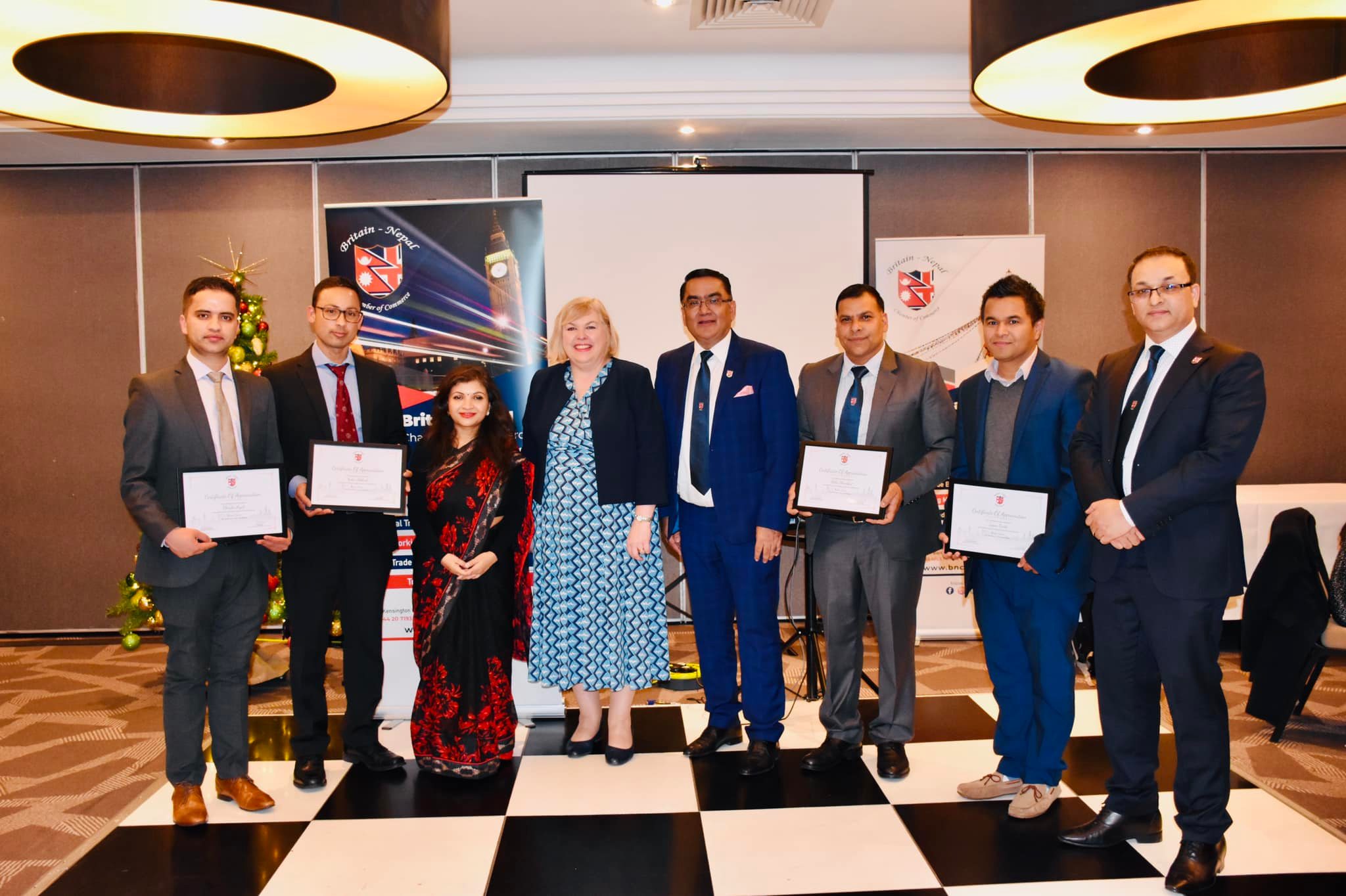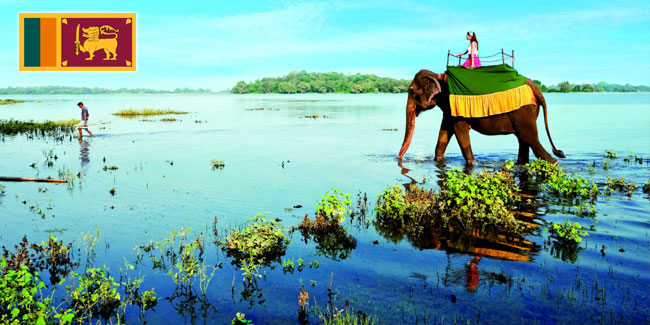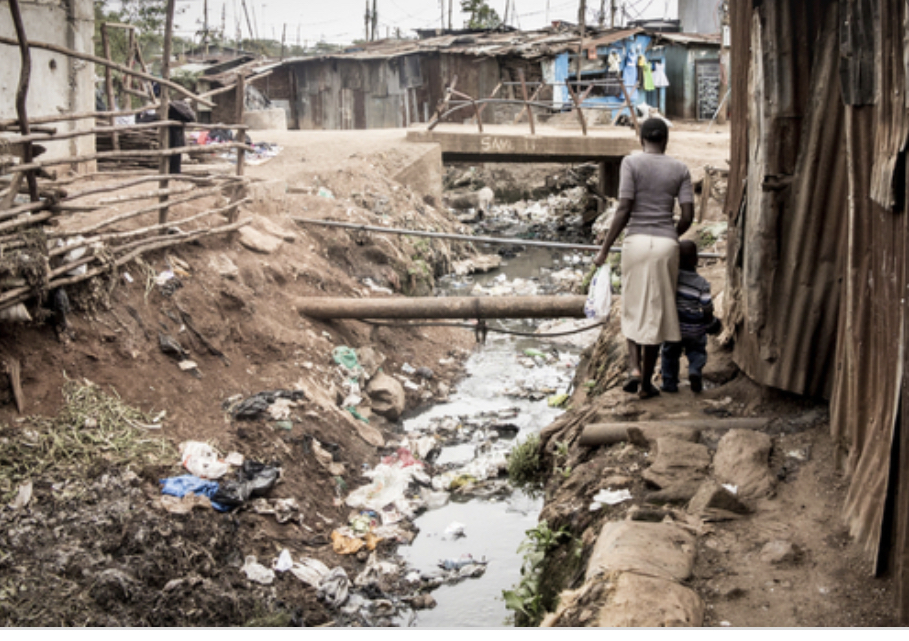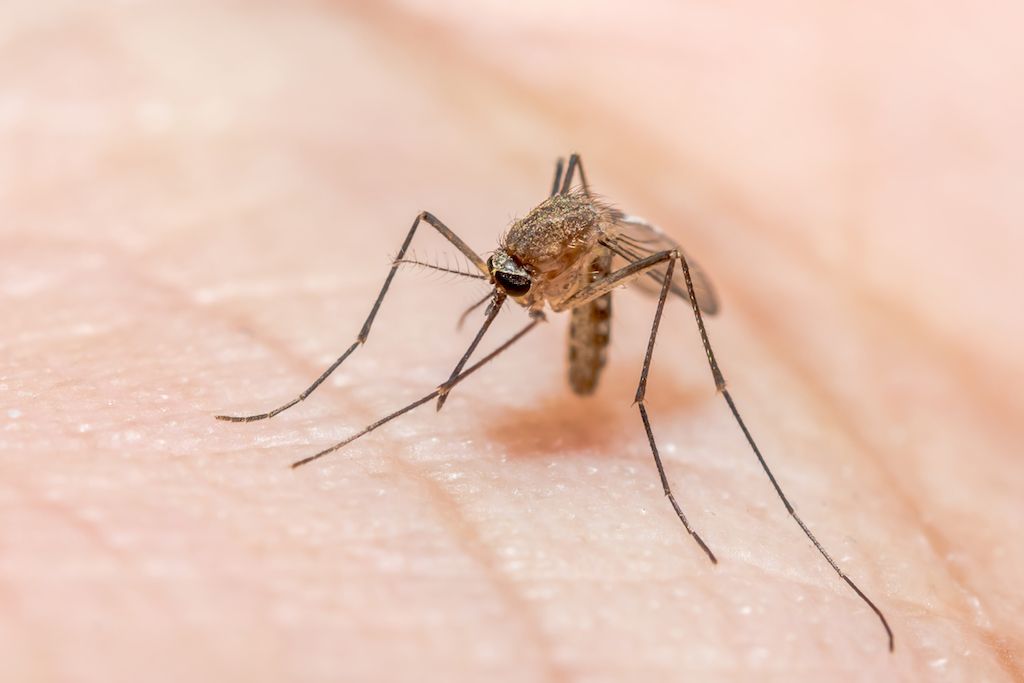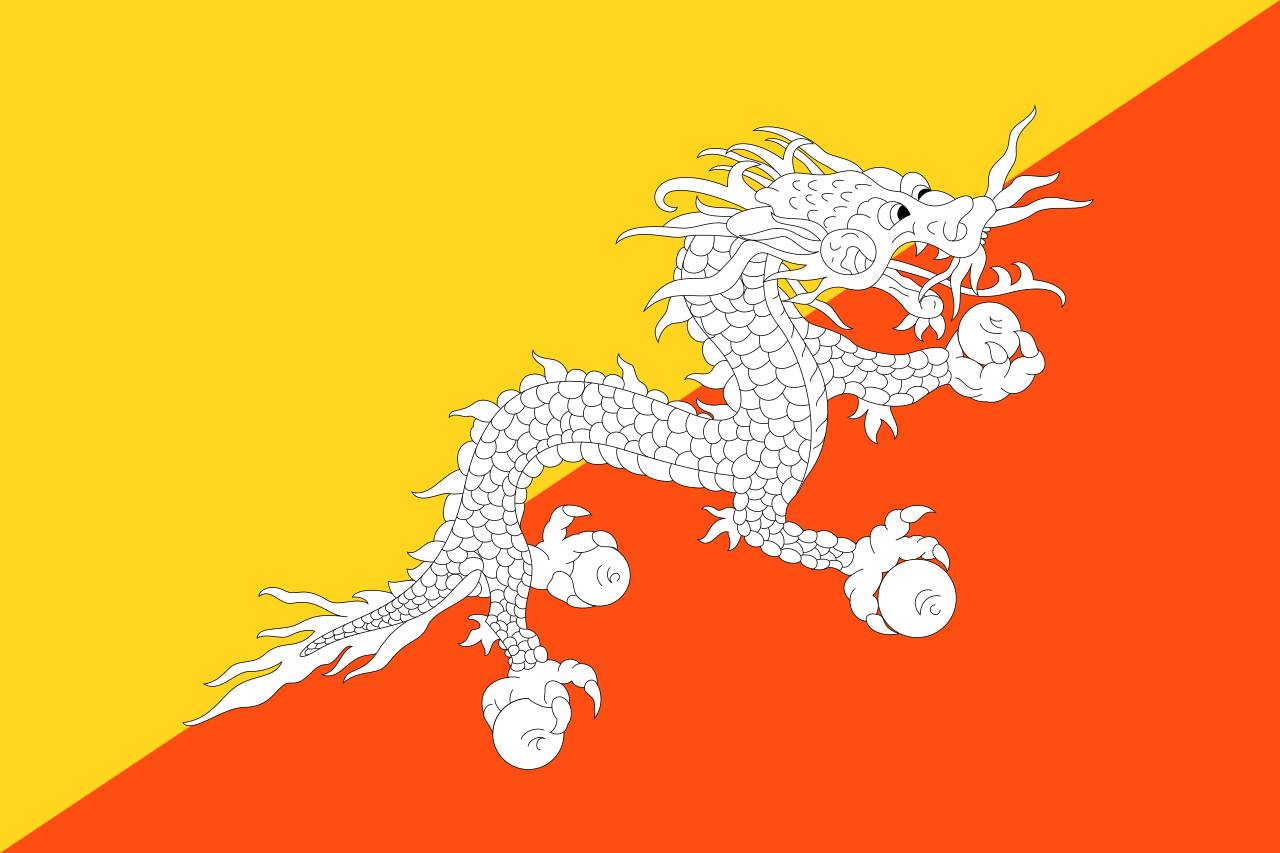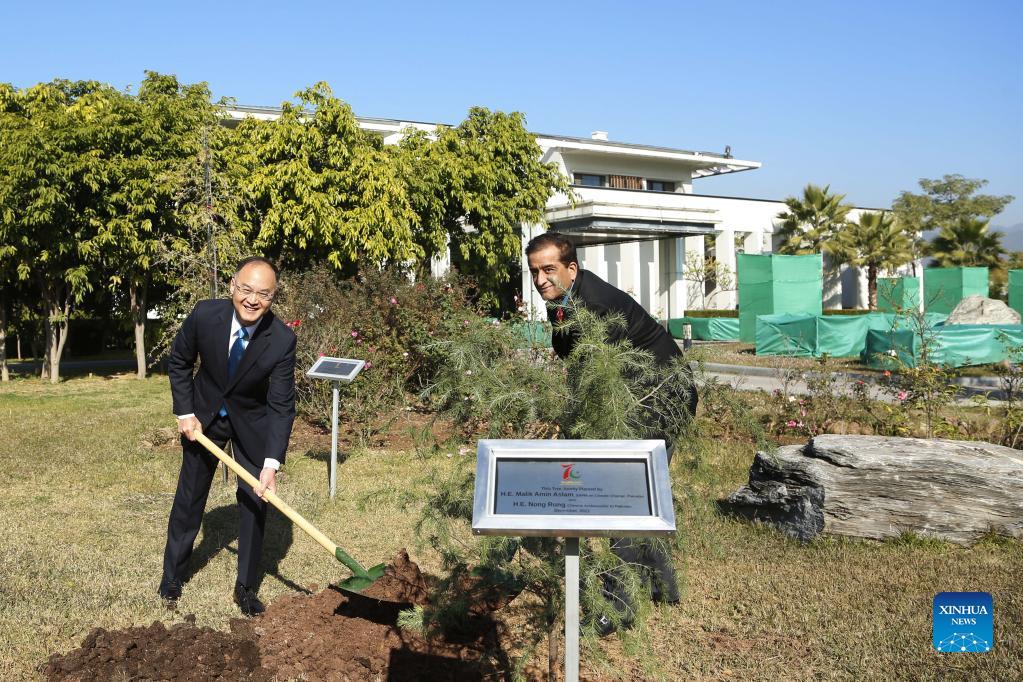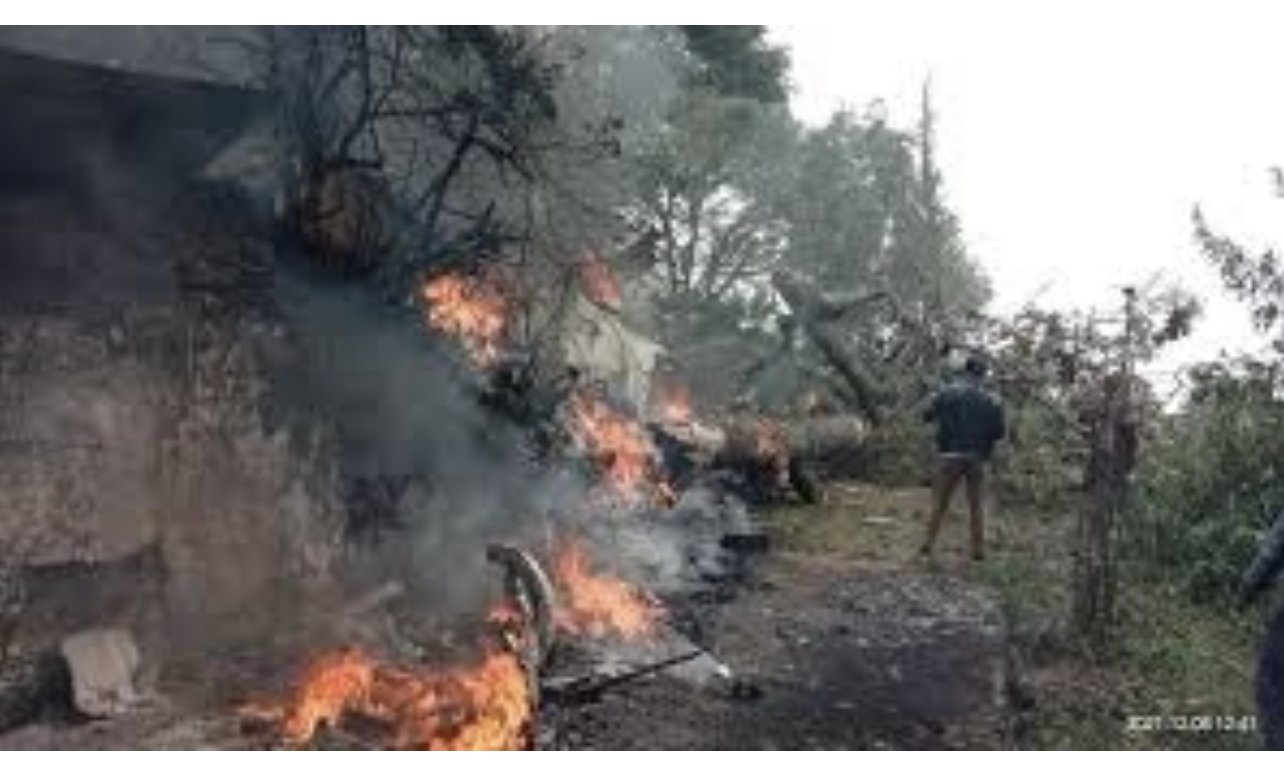By : Jaishree Raman
Principal Medical Scientis and Head of Laboratory for Antimalarial Resistance Monitoring and Malaria Operational Research, National Institute for Communicable Diseases
The COVID-19 pandemic continues to have a devastating impact on international malaria control and elimination efforts. According to the latest World Malaria Report, there were an estimated 14 million more cases of malaria in 2020 compared to 2019.
Even more concerning was the marked increase in malaria-related deaths. These were mainly in children under the age of five living in sub-Saharan Africa. This is a sombre finding. Malaria is a preventable disease. Effective point-of-care diagnostic tools (rapid diagnostic tests) and treatments (artemisinin-based combination therapies) are widely available.
Progress towards achieving a malaria-free world had begun stalling – and in some regions reversing – from 2015. But the COVID-19 pandemic, continual Ebola outbreaks and ongoing humanitarian crises have posed additional challenges for national malaria control programmes. These factors have increased the chances that the 2030 targets set by the World Health Organization (WHO) won’t be met. The Global Malaria Strategy goals are to reduce malaria cases and deaths by 90%, and eliminate the disease in 35 countries by 2030.
The WHO warns that without immediate decisive action, all the impressive gains made against malaria since 2000 will be eroded. This will allow malaria to rebound and expose at least half of the world’s population to an increased risk of malaria.
Responding to the COVID-19 threat
National malaria control programmes across Africa have been commended for acting against the threat that COVID-19 posed to the delivery of essential malaria services. Disruptions did occur. But prompt innovative actions ensured they were not at the scale many experts predicted at the start of the pandemic.
Encouragingly, in 2020 many malaria endemic countries achieved their targets for delivering insecticide treated nets and spraying indoors. The number of children receiving seasonal chemoprevention in Africa exceeded the initial target.
However, more needs to be done to get malaria control efforts back on track. There must be improved access to essential malaria services. This is especially important for populations most at risk. Of particular concern are people in sub-Saharan Africa. In this region, six countries – Nigeria, Uganda, Democratic Republic of the Congo, Angola, Mozambique and Burkina Faso – accounted for over 50% of all malaria cases and deaths reported in 2020.
Threats to effective malaria control
Both the malaria parasite and the mosquito vector are continually developing mechanisms to evade control interventions.
Malaria parasites resistant to the artemisinin component of the WHO- recommended artemisinin-based combination therapies have now been confirmed in Uganda and Rwanda. This raises concerns over whether the therapies will continue to work.
There are currently no effective alternatives to these drugs. The WHO recommends that national malaria control programmes routinely assess whether drugs are still effective and whether parasites are mutating. Countries are also advised to develop feasible, fully costed containment and response plans to use as soon as they detect resistant parasites.
The widespread use of rapid diagnostic tests and artemisinin-based combination therapies enables prompt diagnosis and effective treatment. These actions have made a positive difference to treatment outcomes.
But the current World Malaria Report sounds the alarm over the spread of malaria parasites with genetic changes that make them invisible to the rapid diagnostic tests most widely used in sub-Saharan Africa.
Malaria in pregnancy remains another challenge in Africa. In 2020, about 11.6 million pregnancies were exposed to malaria. As a result, 819,000 infants had low birthweights – which is strongly associated with death in childhood. The WHO recommends making greater efforts to reach pregnant women with interventions. These include insecticide treated nets and intermittent preventive treatment – where pregnant women are treated for malaria whether they have the disease or not. If 90% of women at risk had been treated, it would have prevented at least 200,000 low-weight births in 2020.
Improved surveillance and innovation
Insecticide treated nets and indoor residual spraying are essential to control and eventually eliminate malaria. The WHO applauded all countries that achieved optimal coverage in these efforts, despite the challenges faced in 2020.
Resistance is a threat here too, however. Over 88% of the countries that contributed to the 2020 World Malaria Report reported mosquito resistance to at least one class of insecticide. Nineteen countries reported resistance to all four classes of approved insecticides.
But it’s not all doom and gloom.
Earlier this year the WHO approved the roll-out of the first malaria vaccine, RTS,S, in highly burdened African countries. This vaccine has the potential to significantly improve outcomes in young African children. This group suffers disproportionately from malaria.
There are also new insecticides which could help sustain the efficacy of nets and spraying. And there is increased funding to integrate genomic surveillance into routine malaria surveillance systems.
These and other novel interventions, together with strong political commitment and sustained funding, have the potential to get malaria control efforts back on track and make malaria elimination a reality in our lifetime.
From : The Conversation




